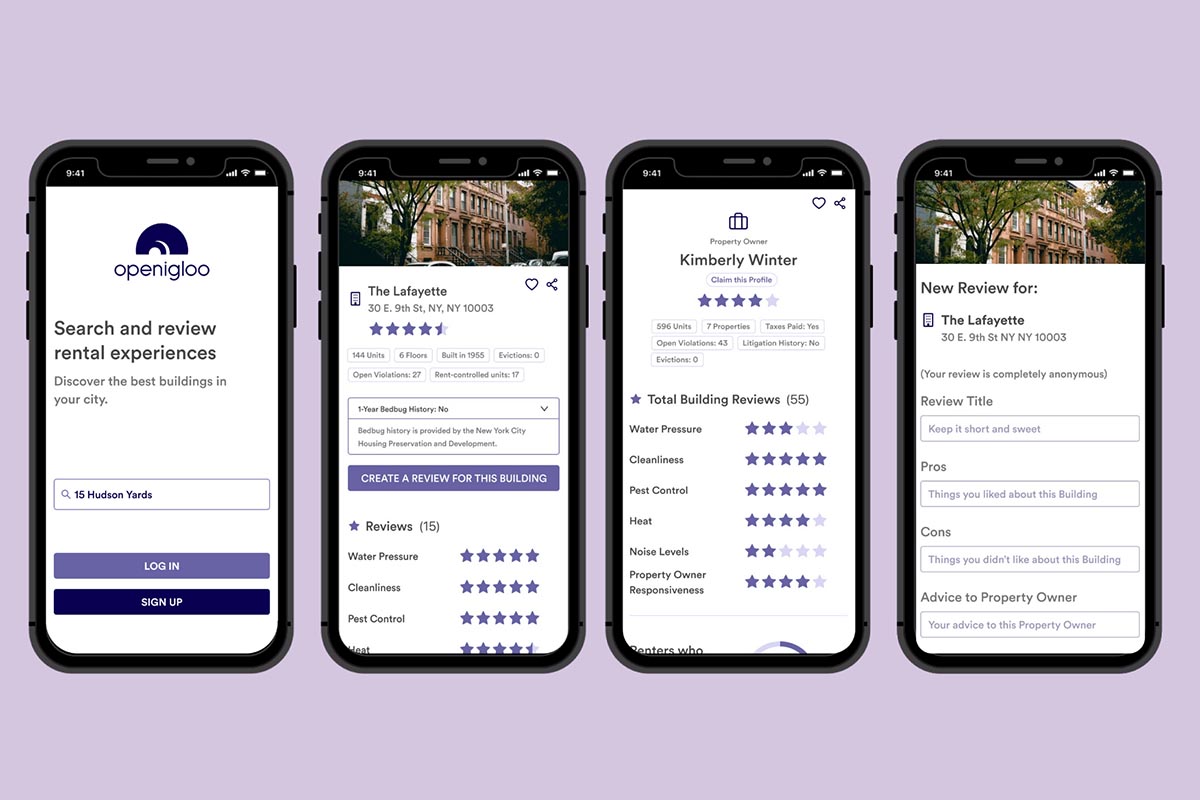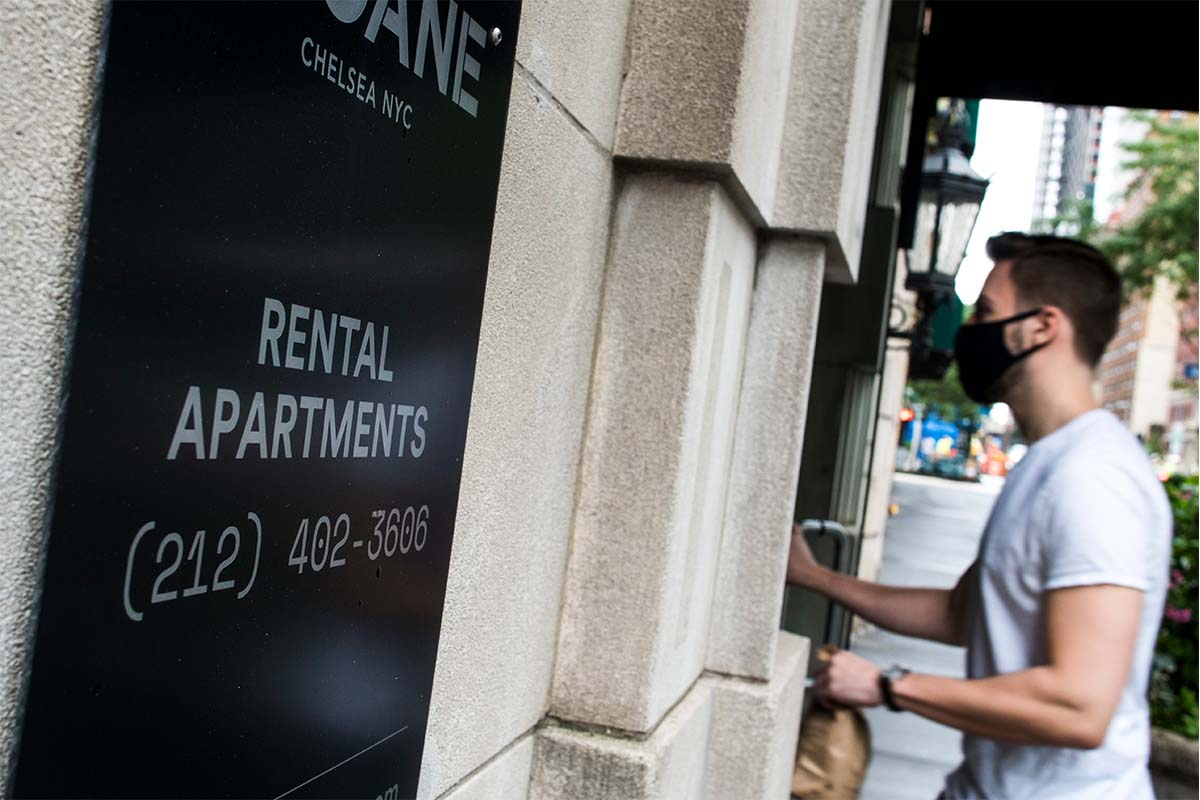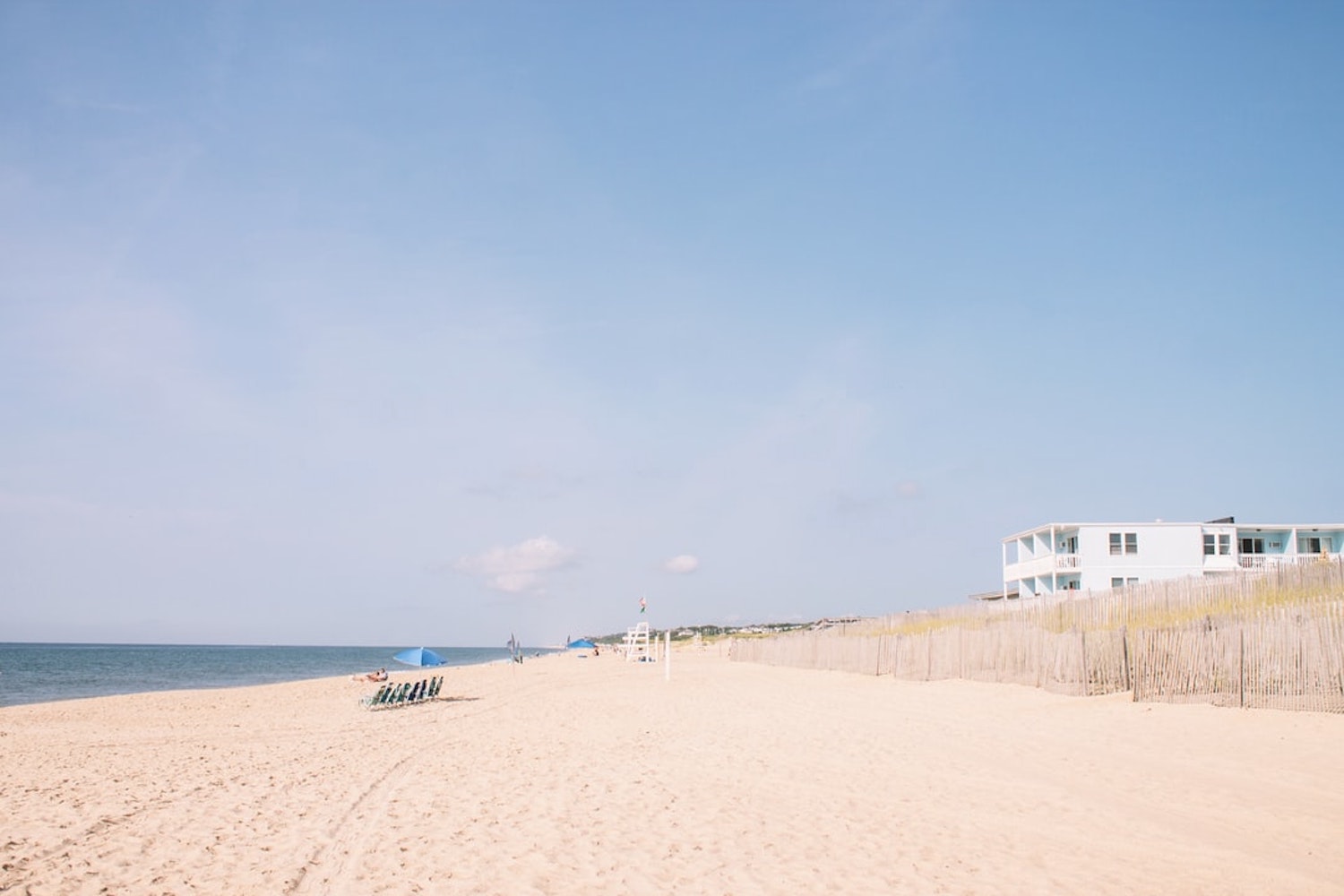While rents are down in New York — thanks to COVID-19 and a massive white-collar flight to the suburbs — the minutiae of the city’s real-estate industry remains as inscrutable as ever, particularly if you’re a renter. On top of pandemics and fees that you may or may not need to pay based off of recent changes in the law, there’s now the problem of even seeing an apartment in a safe manner (and virtual showings aren’t necessarily giving you the full picture).
But the biggest rental scams all start in the same place, whether you’re using StreetEasy, Craigslist or any number of real-estate or classified sites.
“There are many websites that allow listings without any kind of verification, and it creates an opportunity for scammers,” explains Jules Borbely, a strategic real-estate consultant for Real Estate Bees and COO of Oxford Property Group.
Borbely was quick to point out the most obvious deceptions: apartments that seem too good to be true, stock photos in the listing, anyone requiring payment upfront (before showing a place), not having access to the listing’s full address, etc. Those practices have been around since I moved here in the ‘90s, and they’re still prevalent.
Since late August and early September are prime moving times, I canvassed a few NYC real estate experts — analysts, brokers, a few people working in housing startups — to see what kind of hustles you can expect in these unusual times.
Their advice, below.
Use technology to check on your building of interest
One potential new housing solution arrives with openigloo, an app that’s touting itself as “New York’s first review platform for tenants.” Between crowdsourced feedback about landlords and open-source city data (building violations, bedbug complaints, litigation history, etc.), the app’s creators hope to provide something that feels a little more on the side of renters.
“When I was looking for my second apartment here, I was loitering outside buildings and asking people going in and out what they thought about living there,” says co-founder Allia Mohamed. “And I just thought, there has to be a better way to streamline this process.”

Another easy technology hack for real estate: Use a reverse Google search on any listing on the images in your listing. “See whether another one shows up at a higher price with different contact information,” says Mihaela Buzec, real estate writer for RENTCafé. “That’s usually a sign the first ad is fake.”
It’s 2020, so think of COVID as you look
As openigloo’s Mohamed notes, you should evaluate a building’s COVID-19 health protocol and find out how the property responded to the pandemic: Did managers increase sanitation measures? Establish policies to protect staff and tenants? Etc.
Check your broker
“If you’re being shown by a broker or agent, make sure you get their full name, number, email and the name of the brokerage they work for,” says Ruth Shin, founder and CEO of the New York City real-estate listing site PropertyNest. “You can verify that they are a licensed agent online through NYC’s eAccess system that lets you look up any licensed person or entity.”
If it’s not a broker or agency you’ve heard of, see if they are a member of REBNY (the Real Estate Board of New York).
And never make a payment directly in the agent or broker’s name.
Meanwhile, If you’re working directy with a landlord or a property manager and they ask for a deposit right away, be wary: “Most if not all landlords will want to vet your qualifications before they decide the apartment is yours,” says Shin. Usually, this comes through the form of an application and/or credit check, as well as providing proof of income.
Brokers don’t necessarily trust you, either
Becki Danchik, a broker at Warburg Realty, has been a scam target from fake renters. “I don’t usually use Craigslist for advertising real-estate listings, but once I posted a rental ad there and I received three messages from people who said they would like to apply for the apartment … but they were out of state or overseas and would like to wire funds to my bank account or send me a cashier’s check in the mail,” she says. Ultimately, Danchik determined these people were looking for any info to help them hack her or the owner’s personal information.
(Side note: Based purely on my own experience, be wary of Craigslist … but recognize that there are some good deals there for less traditional rentals, i.e., if you’re looking for people who need roommates or sublets.)
Finally, watch for these scammy scenarios
“People copying a listing and pretending to have an apartment for rent that they do not own. Be wary of any upfront application fees, high deposit requests or high fees charged in order to check a person’s credit scores — reputable real-estate brokers or agents will not pressure a potential buyer into tendering any money until a written contract is signed and a person has an opportunity to do their due diligence.” — David Reischer, Esq., Real Estate Attorney & CEO of LegalAdvice.com
“Fake apartment applications. People see an apartment, then submit an application, along with a couple hundred dollars. The agent, brokerage, superintendent or management company pocket the application fee, and in some cases, throw away the application. Call the company listed on the application and confirm the existence of a fee. In 90% of cases, applying is free.” — Dennis Shirshikov, real estate agent and analyst for realestatewitch.com
“Right now there’s a big trend in listing net effective rents. The renter can see a very attractive rent price listed, but in reality it is the net effective rent after 1 or 2 months free. This can be troublesome, because if you choose to stay for a second year, your rent will be considerably higher and could still be subject to annual increases. My advice: negotiate a lower base rent rather than settle on a net effective price.” — Kathryn Landow of Warburg Realty
“Misrepresented listings. One of our users signed a lease while the apartment was still under some renovation with the understanding the work would be done in time for move-in. But none of the work was done and that they lived for six months without gas or water, and their landlords refused to return any of their deposits.” — Allia Mohamed, co-founder of openigloo
“Never pay more than one month of security deposit or rent up front: these are illegal in New York.” — Jules Borbely, strategic real-estate consultant for Real Estate Bees
This article was featured in the InsideHook NY newsletter. Sign up now for more from all five boroughs.























